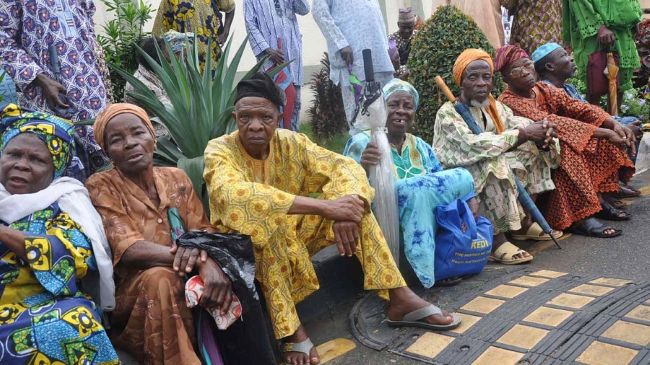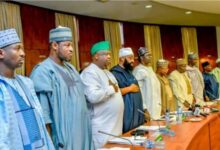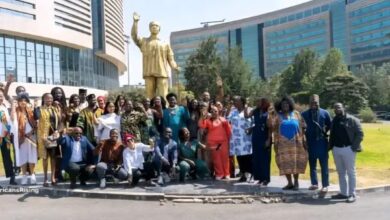Tinubu Approves Pension, Health, and Harmonisation Boost for DBS Retirees

Under the Renewed Hope Agenda, government greenlights new rates, health cover, and debt settlement for Defined Benefit Scheme pensioners.
In a major policy shift aimed at safeguarding the welfare of Nigeria’s senior citizens, President Bola Tinubu has approved a raft of measures to improve the lives of pensioners under the Defined Benefit Scheme (DBS).
The move, announced by Olugbenga Ajayi, Head of Corporate Communications at the Pension Transitional Arrangement Directorate (PTAD), underscores Tinubu’s intent to reposition pension administration as a cornerstone of his Renewed Hope Agenda.
Key approvals include:
- Immediate enforcement of new pension rates through extra-budgetary allocation.
- Pension harmonisation policy adoption in the 2026 pension budget to align pay across DBS retirees.
- Health insurance coverage for all DBS pensioners in the 2026 budget.
- Inclusion of unpaid liabilities owed to NITEL/MTEL and other parastatal retirees in the 2026 proposals.
A New Era for Pension Management
PTAD Executive Secretary, Tolulope Odunaiya, hailed the decisions as “historic and far-reaching,” signalling the start of a “new era in DBS pension management” where senior citizens’ dignity and security are prioritised.
The approvals follow PTAD’s formal request to the Presidency for an emergency budgetary allocation to implement long-overdue reforms. Among the proposals was a new base pension rate of ₦32,000, alongside targeted increases of 10.66% and 12.95% for pensioners of defunct and privatised agencies respectively.
Harmonisation and Health Cover: Closing the Gaps
Pension harmonisation has been a long-standing demand of DBS retirees, many of whom face wide disparities in benefits due to legacy pay structures from different agencies. By aligning payouts across the board, the government aims to remove inequities and ensure all retirees receive fair treatment, regardless of their service origin.
Equally significant is the National Health Insurance Scheme (NHIS) enrolment for DBS pensioners, a move that addresses a critical vulnerability—high medical expenses in retirement. This is expected to cushion the impact of rising healthcare costs and reduce the financial burden on elderly citizens.
Clearing Pension Arrears: Restoring Trust
The inclusion of unfunded pension liabilities for defunct and privatised agencies in the 2026 budget is a step towards restoring trust in Nigeria’s pension system. Sectors such as telecommunications—particularly NITEL/MTEL retirees—have long battled delayed or unpaid entitlements, eroding confidence in pension administration.
By committing to clear these arrears, the government is signalling its readiness to close long-standing obligations and re-establish credibility with retirees.
Labour and Economic Implications
From a labour perspective, these reforms could have far-reaching effects. They not only improve the financial security of pensioners but also set a precedent for government responsiveness to organised labour’s demands. With Nigeria’s ageing workforce and the growing pressure on public pension systems, the measures may also ease industrial tensions and rebuild faith in the social contract.
Furthermore, pension harmonisation could streamline administration, reduce litigation from aggrieved retirees, and enhance predictability in pension budgeting—critical for economic planning.
Bottom Line: Renewed Hope, Measured in Naira and Care
President Tinubu’s latest pension reforms represent a blend of fiscal commitment and social responsibility. By coupling cash benefits with health cover and structural harmonisation, the administration is addressing both immediate welfare needs and systemic imbalances in Nigeria’s pension landscape.
For DBS retirees, this is more than a policy announcement—it’s a tangible lifeline that could redefine what retirement looks like in Nigeria.











